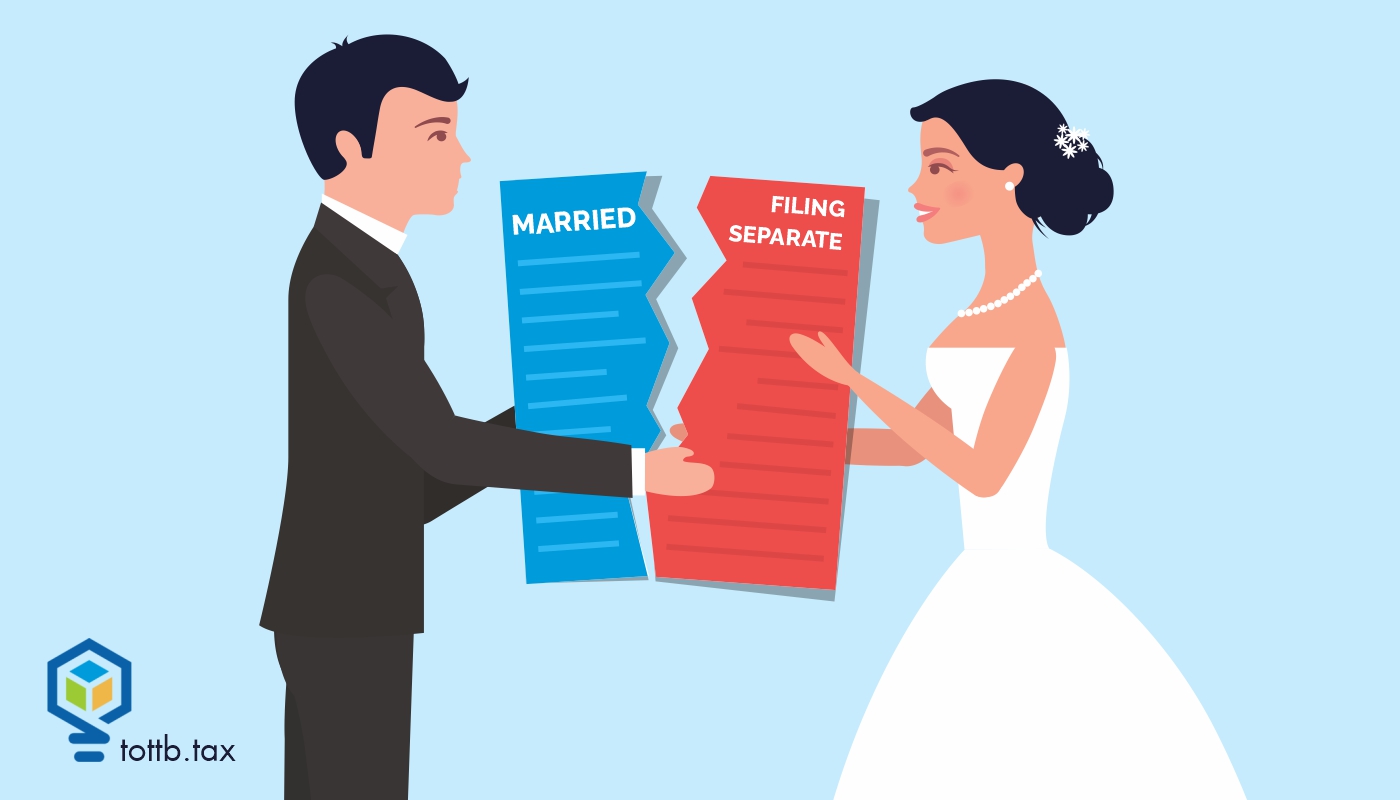Five Tax Reduction Strategies for the Casual Cryptocurrency Owner
With so many people looking for more ways to make money outside their 9 to 5 jobs, many are turning to money making methods using technology including trading in cryptocurrency.
For tax purposes, the IRS considers cryptocurrencies property, not as currency. Just like other property types, stocks, investments, or real estate, when you sell, swap, or otherwise dispose of your cryptocurrency for more or less than you acquired it for, you incur a tax reporting obligation.
As an example, there would be a $1,000 capital gain if 0.1 bitcoin is bought for $2,000 in June of 2020 and then sold for $3,000 two months later. This profit must be reported on the tax return and a certain amount of tax is due on the gain, depending on the tax bracket of the taxpayer. In this example, the gain would be short term requiring the profit to be taxed at the filer’s ordinary tax rate. These rates range anywhere from 0-37%.
Read More







